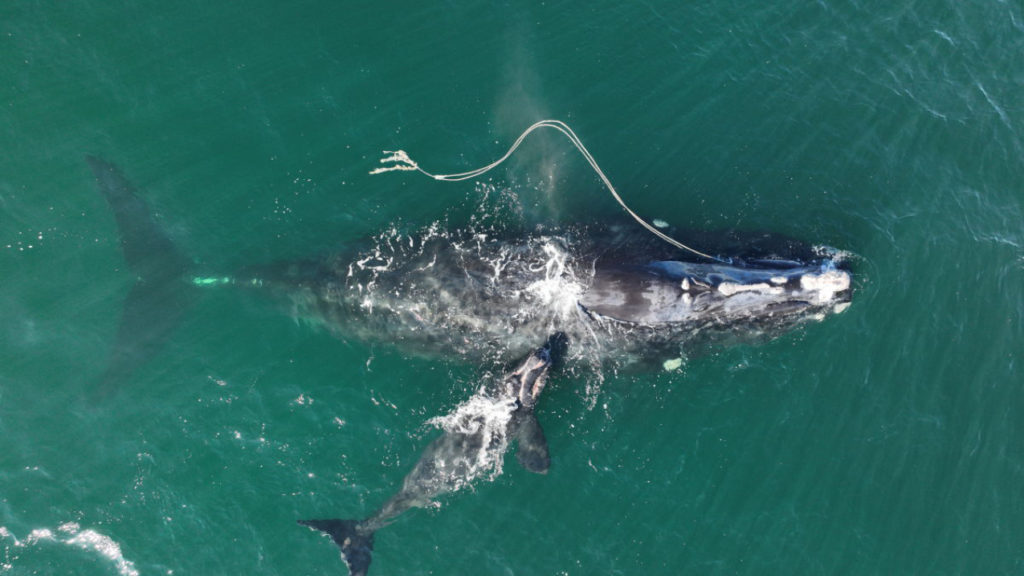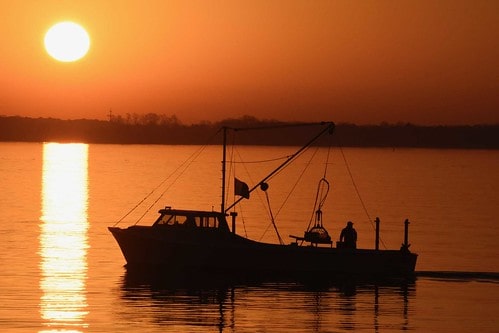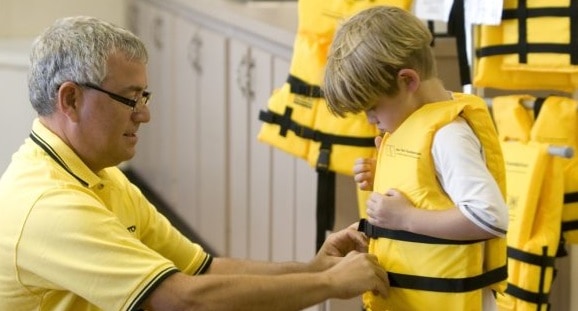National Oceanic and Atmospheric Administration (NOAA) Fisheries wants to expand speed limits along the Atlantic coast to include boats as small as 35 feet. It’s all in the name of reducing vessel strikes on North Atlantic right whales, an extremely endangered species with less than 350 individuals remaining.
The proposed changes to speed regulations are part of NOAA’s North Atlantic Right Whale Road to Recovery, a multi-part plan to recover the population. The changes would expand the current mandatory seasonal speed restrictions of 10 knots or less in designated areas of the ocean and extend to most vessels measuring 35 to 65 feet in length.
While one might think large ships are riskiest for whales, NOAA Fisheries says vessels under 65 feet long account for five of the 12 documented vessel strike deaths in U.S. waters since 2008. Vessel strikes and fishing gear entanglements are two primary causes of right whale deaths. In addition to protecting them with boating speed limits, NOAA is also pushing ropeless, “on-demand” fishing gear.
This concept is being billed as a fishing technique of the future. On-demand fishing gear wouldn’t string gear along a line with buoys, like traditional fishing. With the new fishing gear, fishermen could send a signal down below to bring the gear back up the surface—an inflatable buoy or a spool that uwinds on demand, for example.
NOAA is releasing a draft “roadmap” for public comment about ropeless, on-demand gear outlining possible ways to use the technology in commercial fisheries off the East Coast of the United States. NOAA hopes Atlantic commercial fishermen will embrace the new technology as some in other countries have.
An “Unusual Mortality Event” remains in effect for North Atlantic right whales, defined as a significant die-off of a marine mammal population, requiring immediate response. Scientists declared the Unusual Mortality Event in 2017 and things have continued to be dire for the whales. In just the last two and a half years, at least four vessel strikes have killed or seriously injured North Atlantic right whales in U.S. waters.
-Meg Walburn Viviano




